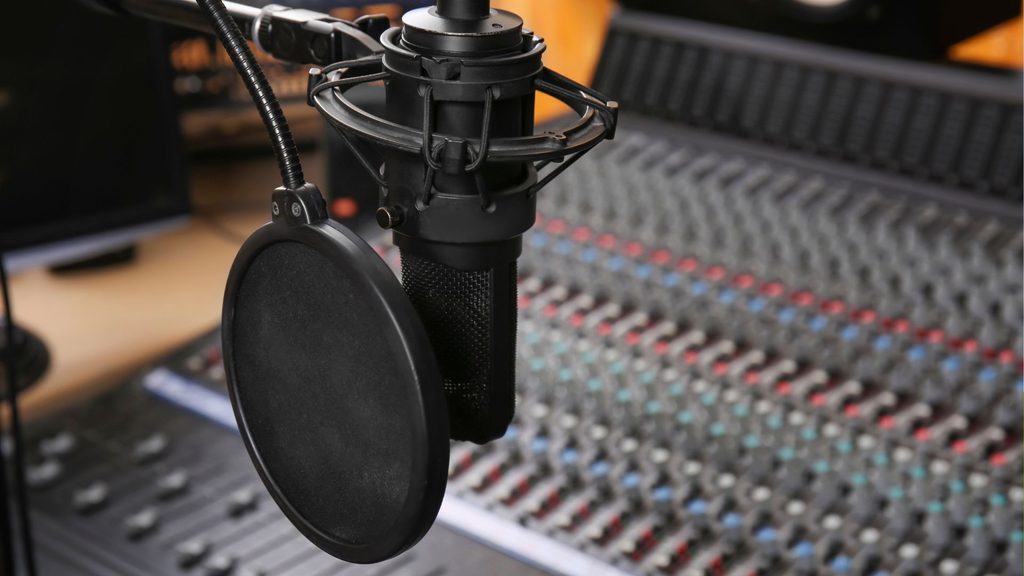Belgian voice actors are organising a resistance movement to counter the imminent threat of artificial intelligence, as without swift regulatory measures to safeguard human voices, the profession risks collapse.
The events have unfolded rapidly, plunging the sector into problems. "It's like stepping into a nightmare," said Tim Friedlander, president and founder of the National Association of Voice Actors (NAVA) and an active member of United Voices Artists (UVA), a global association dedicated to defending human voices in films, TV series, documentaries and voice-over work, Le Soir reports.
"The panic started around springtime," said Laetitia Liénart, a dubbing actress and current head of BelVA, the Belgian branch of UVA which brings together French, Dutch, and German-speaking actors in the country.
One production manager at a Belgian dubbing company confirmed to Le Soir that many in the industry were "afraid to even broach the subject because there is a genuine concern about the potential disappearance of our jobs."
The storm began brewing a few months ago in Silicon Valley, with AI platforms specialising in audio services attempting to replace human actors. If no action is taken, the entire industry could vanish, along with its voice actors, artistic directors, authors, adaptors, translators, and more.
'Why bother hiring actors when AI can do it all?'
However, many producers see the current developments as a remarkable leap forward that promises immense profitability. AI-powered dubbing eliminates the need for human actors, artistic directors, and adaptors, often leaving just a single technician. "Why bother hiring actors when AI can do it all?" Gaëtan Wenders, an actor with three decades of experience in the dubbing world, told Le Soir.
Laetitia Liénart recalls being told that "artificial intelligence will replace tedious jobs like dubbing." However, for her, the job is "a passion and a source of happiness."
The prospect of standardising voice offerings in the future for the sake of profitability and alleged artistic coherence offends many in the industry, as it is not just a matter of economic survival but also a question of ethics.
"When I think of the great dubbing actors of my childhood, all these voices owe their excellence to the quality, imperfections and imagination of human interpretation," Wenders told Le Soir. "The human voices in dubbing bring an extra soul, unlike AI. What we're witnessing today reflects the dehumanisation and derealisation of the world."
Nevertheless, Wenders remains optimistic about a humanistic breakthrough. "Actors who have experienced their fair share of wars understand the gravity of the situation, and the mobilisation is gaining momentum," he added.
Related News
- The ten classic Belgian films you should watch at least once
- Artificial intelligence will negatively impact employment process in 15% of companies
- Bard, Google's answer to ChatGPT, now available in Belgium and the EU
David Macaluso, a voice actor who has contributed his voice to films by Almodovar and Scorsese and an artistic director and trade unionist (SETCa/FGTB) serving as a spokesperson for the industry, also believes that the sector can fight back.
"We must unite and exert pressure on policymakers worldwide. We need to strengthen artist protection and safeguard our personal data, including voiceprints," he told Le Soir.
"Furthermore, artificial voices must be clearly identified with visible indications on screens, such as markers. Government funding for creative projects should be compliant with regulations that prohibit the use of generative artificial intelligence."
He concluded by saying "voice actors believe that if we surrender our voices to AI, whether through recklessness or calculation, we will ultimately lose our souls.”

